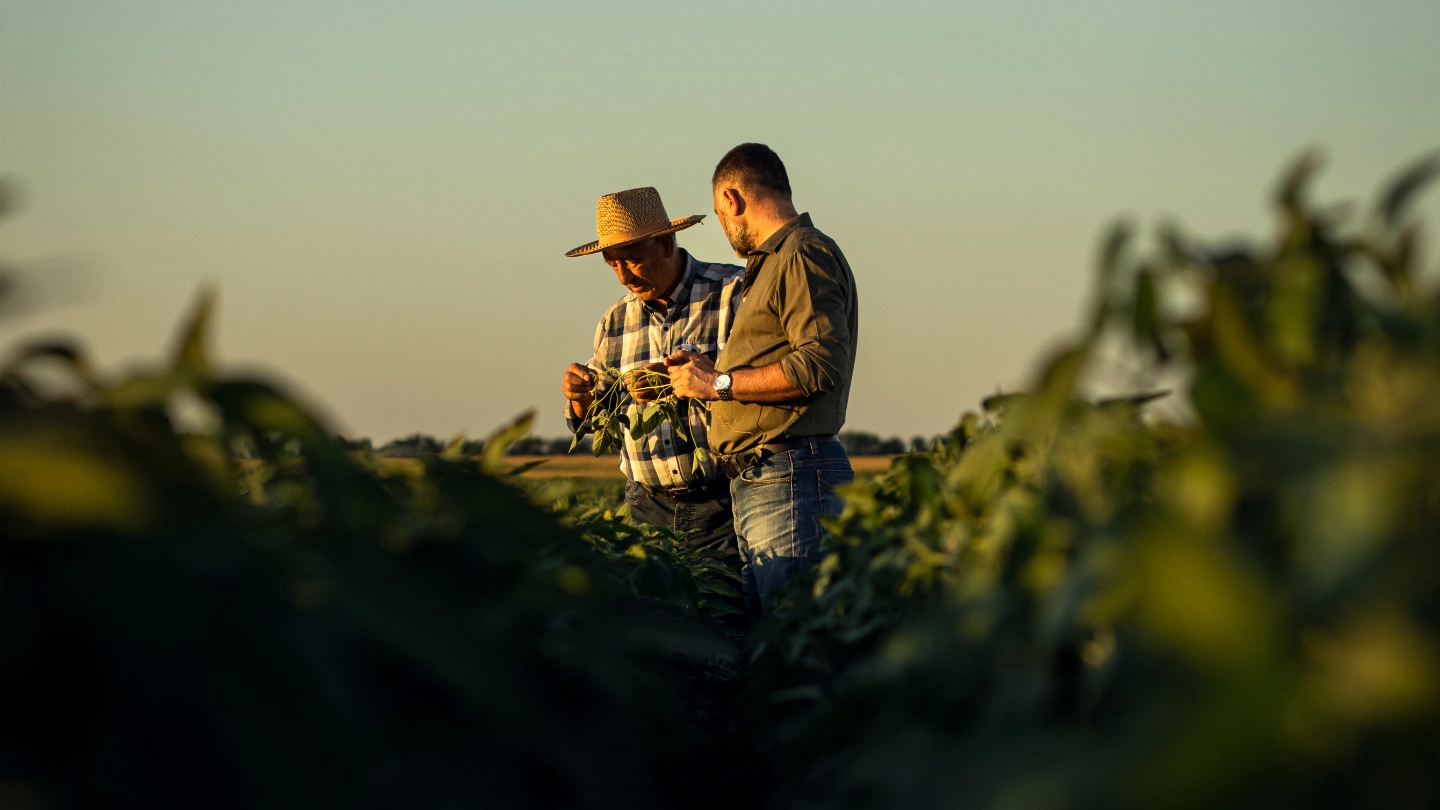Atradius Atrium
Nowy portal internetowy zapewniający bezpośredni dostęp do informacji dot. polisy, limitów kredytowych jak również do Atradius Insights i Collect@Net.
 Poland biura
Poland biura









Wczytaj więcej
Oglądanie 7 z 52






Wczytaj więcej
Oglądanie 7 z 22
Chcesz dowiedzieć się więcej? Skontaktuj się z nami!